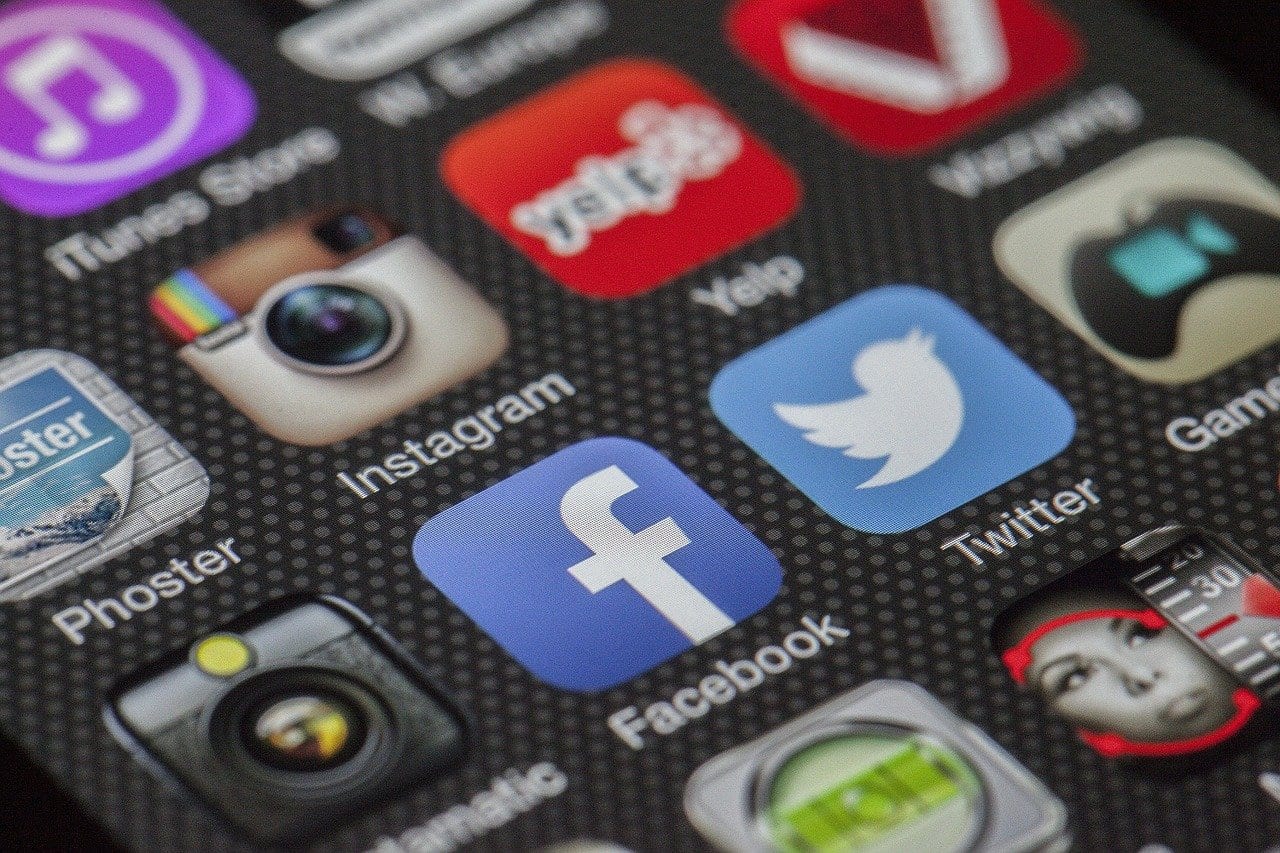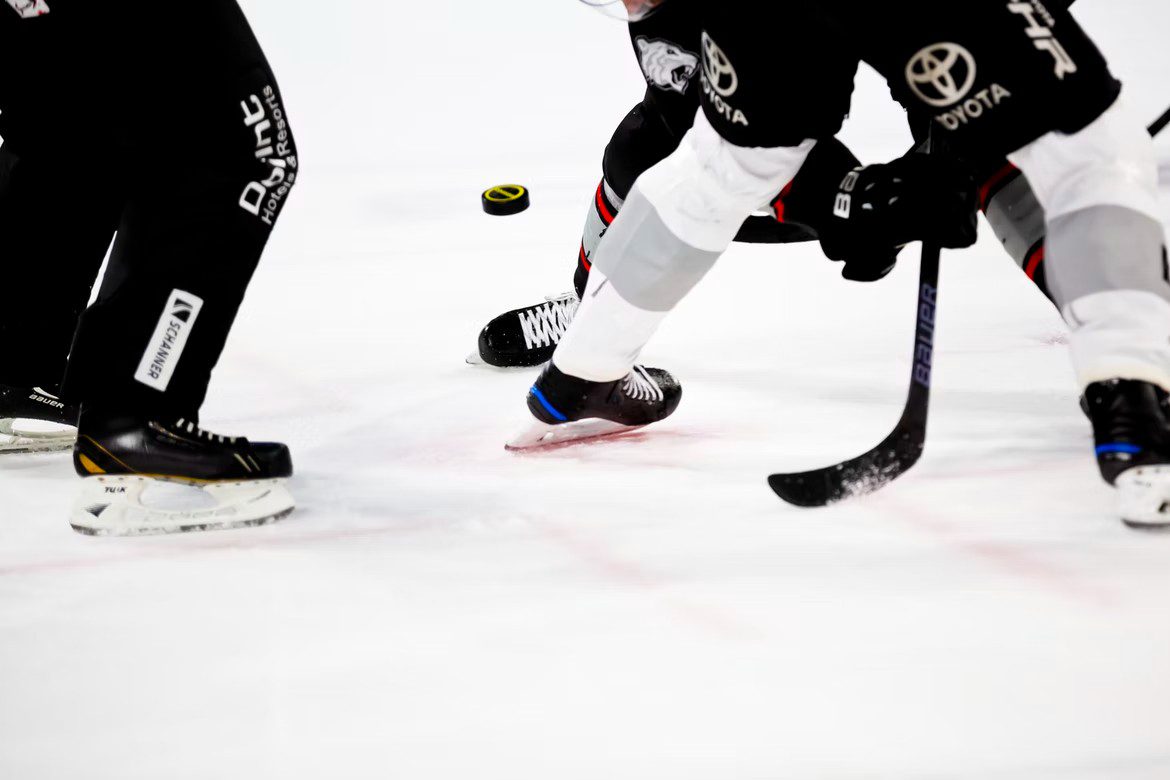It’s never been easier to be a sports fan. In the distant past, you had to travel miles to watch your team play as it was the only way to get involved in the action. You probably spent too much money following your team and you couldn’t get excited by an ice hockey match if it was only being played in a country thousands of miles away.
Now, you turn on the TV and catch some snowboarding action in Colorado. You watch a horse race from Dubai on YouTube. Or you stream the big match into your living room while you enjoy a cool drink. The rise of the media has revolutionized sports coverage. But what about the rise of social media?
Social media helps people instantly and efficiently communicate with each other all over the globe. Social networks provide an immense opportunity for engagement, particularly in sports coverage. Here we look at how social media has been a force for good, and bad, in the world of sport.
- Real Time Updates
No more waiting until the football results are announced in Final Score. Now you can receive and send Tweets to update fans and friends on the progress of your team. You get real-time updates on the game and can feel part of the action, rather than a passive bystander waiting to be told what happened. These updates promote sport as a part of life, not as something apart from yourself.
- Interaction with Sporting Heroes
Most athletes, players, and managers now have their own social media accounts. By following sports stars, you can interact with them like never before and share their triumphs and pains. You can chat with a player after their win at a GGPoker tournament for example, something that makes sportspeople more human and by definition more accessible. You get an insight into their lives and how they motivate themselves and make a difference in their sport. This can be both inspiring and empowering.
Yet it can also be destructive. Numerous high-profile online abuse cases show that sporting heroes are not immune from vicious attacks online. Many female players in particular are targeted with sexist abuse, and racism still persists in social media even while it is being stamped out in mainstream media.
- Creating a Sense of Community
Twitter, Facebook, and other social platforms create links between the sportspeople and the fans, but also between the fans themselves. Fan-to-fan interaction develops a sense of community that is vital in this increasingly fragmented society. Fans can easily find each other and communicate with ease, bonding over their shared love or dislike of a particular team, result, or play.
- Personalized Sports Coverage
You are no longer limited to whatever the TV channel is showing at a particular time. Now you can easily tailor your sports preferences. You don’t have to read any news about a rival team. You can tailor your news feed to get rid of any content that wastes your time. This means that fans are potentially more satisfied with their experience of sports.
- Exposure for All Teams
Not everyone likes football and not every football fan supports Manchester City. There are thousands of sporting events happening every weekend and social media makes it easier for fans to find their niche. Podcasts and Twitter feeds for less well-known sports such as ice hockey are an important way to spread the enthusiasm and expertise.
- More In-Depth Coverage
There is limitless space to fill in social media. Sports journalists no longer file a simple report at the end of a match. Now there are updates to craft and memes to generate. Many journalists have been hounded out of the game by these developments. While others have risen to the challenge.
As with everything, there is trash and there is treasure. It is up to the consumer to filter their own preferences in this social media age. There is no sign of social media impact on sports declining.











